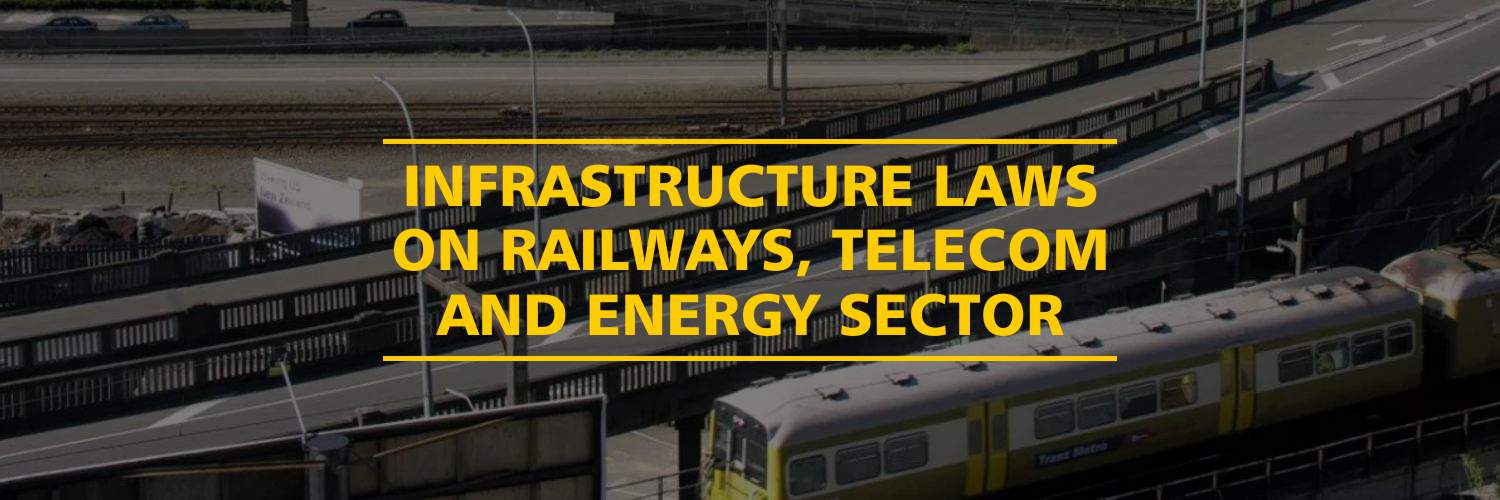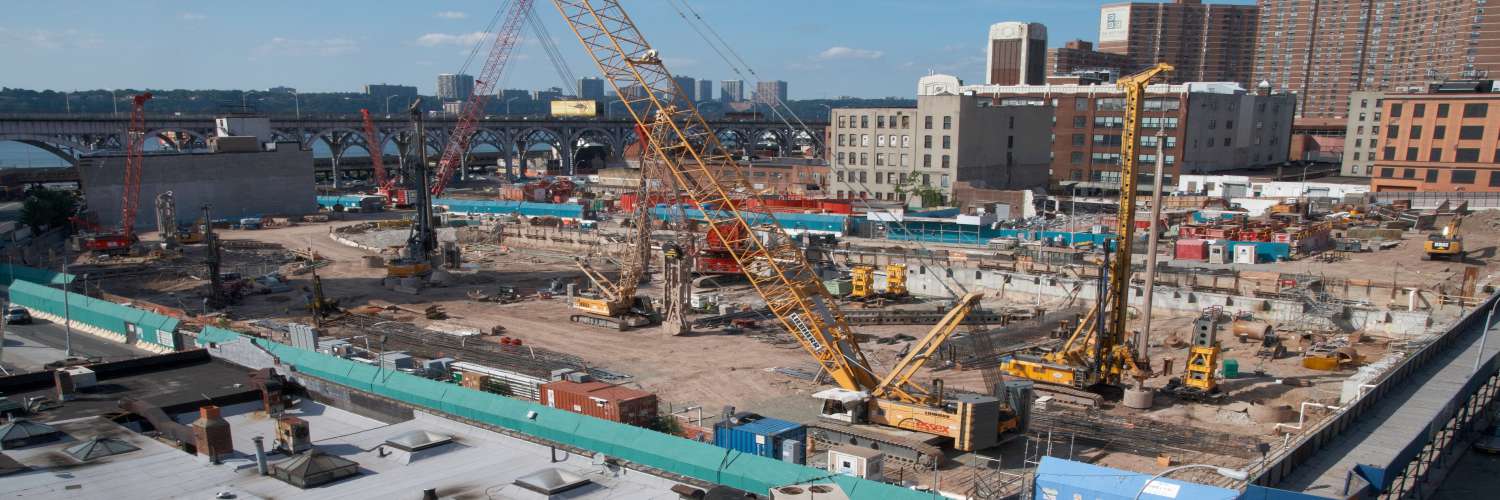This article is about infrastructure laws on Railways, Telecom and Oil & Natural Gas and Renewable Energy. For Naval Ports and Airports; Roads and Power; you may refer to Part I and Part II. For further clarity on any point, you may write to our top Attorneys for infrastructure laws in Chandigarh.
Introduction:
The Railways and Oil & Natural Gas and Renewable Energy sectors have a monopoly of either Public or private sector. However, the telecom sector is the most balanced in terms of public sector and private sector participation. The governing infrastructure regulations on these sectors are discussed in this part.
Infrastructure Laws on Railways
Railways being the important medium of transportation faces an enormous strain on the existing rail tracks, networks, and stations. To enhance the private sector participation and develop and redevelop the already existing railway stations, the GOI has designed a Special Purpose Vehicle (SPV) wherein Indian Railway Stations Development Corporation Limited (IRSDC) has been formed through a Joint Venture between Icon International Limited (IRCON) (A Govt. of India Undertaking, under Ministry of Railways) and Rail Land Development Authority (RLDA), (a statutory authority under the Ministry of Railways). The Railways Act, 1989 is the governing Act, under which, IRSDC has been empowered for development of the mandated railway stations. IRSDC does not require approval from the local authorities and Acts other that Land Acquisition, Rehabilitation, and Resettlement Act, 2013. FDI in railway sector is allowed with several caps. FDI up to 51 % is allowed for the manufacturing the railway containers and 74 % FDI under automatic route are allowed in the construction and management of the rail beds, bridges, and tunnels. To encourage and monitor the PPP projects the Rail Land Development Authority has been established.
Infrastructure Laws on Telecom
The telecom sector in India is governed by the Telecom Regulatory Authority of India Act, 1997. Under the said Act, Telecom Regulatory Authority of India (TRAI) is established to regulate telecom and internet services. GOI has allowed 100% FDI for telecom manufacturing and FDI from 74% to 100% is allowed for other telecom services.it must be noted that the telecom sector does not have a monopoly of public or private companies, rather, both private and public sector participation is balanced.
Infrastructure Laws on Oil & Natural Gas and Renewable Energy
The GOI while recognizing the importance of the energy market has established the Ministry of Renewable Energy with an objective to develop the renewable energy which can boost the energy demand in the country. The Ministry of Renewable Energy is responsible for developing and implementing the policies related to the development of energy from waste, solar energy, rural energy, wind power generation and rural village electrification. To achieve its objective the Ministry of Renewable Energy has created many investment opportunities for the private investors in this sector.
Furthermore, the oil and natural gas sectors are also open to the private sector. Through automatic route100% FDI is allowed in the refining sector whereas 26% FDI is allowed in case of the joint ventures. The petroleum products and pipeline sector are permitted an FDI up to 51 %. The GOI has allowed 7 year tax holiday along with the incentives such as corporate tax deductions and allowances along with the deduction of expenses.
Conclusion
The infrastructure sector has seen the boost after the private participation in public infrastructure. The relationship between the private and public sector is governed by the contracts and concession agreements. As such these agreements are subject matters of the independent regulator.









